A USC team won the collegiate space race by sending a rocket above the Kármán line, the imaginary boundary that marks the end of Earth’s atmosphere.
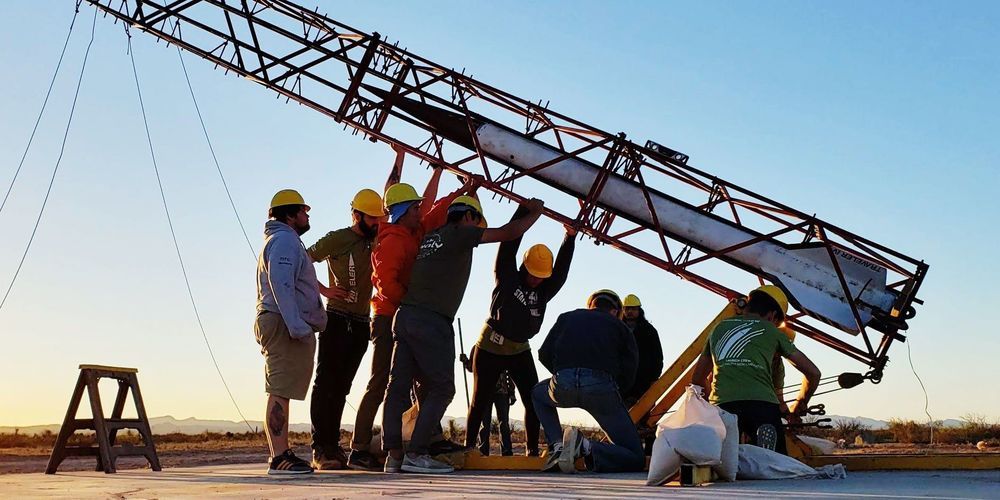

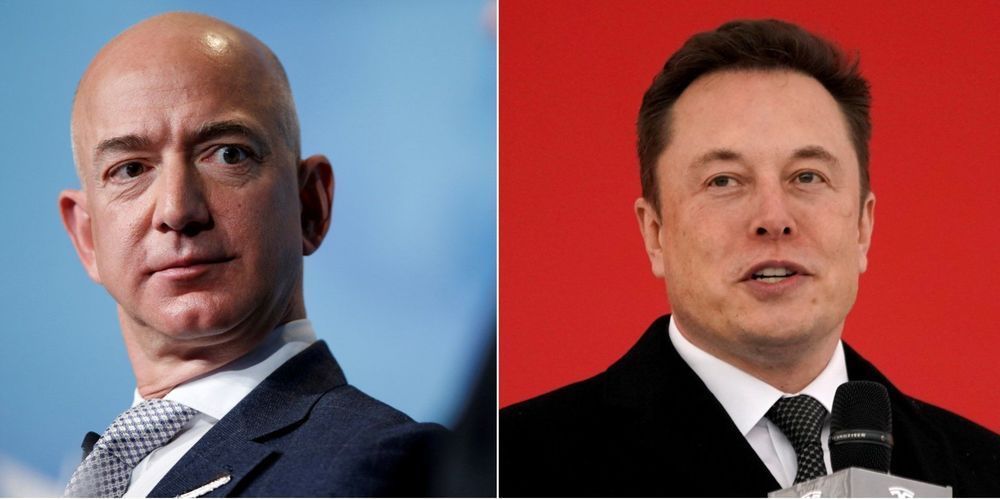
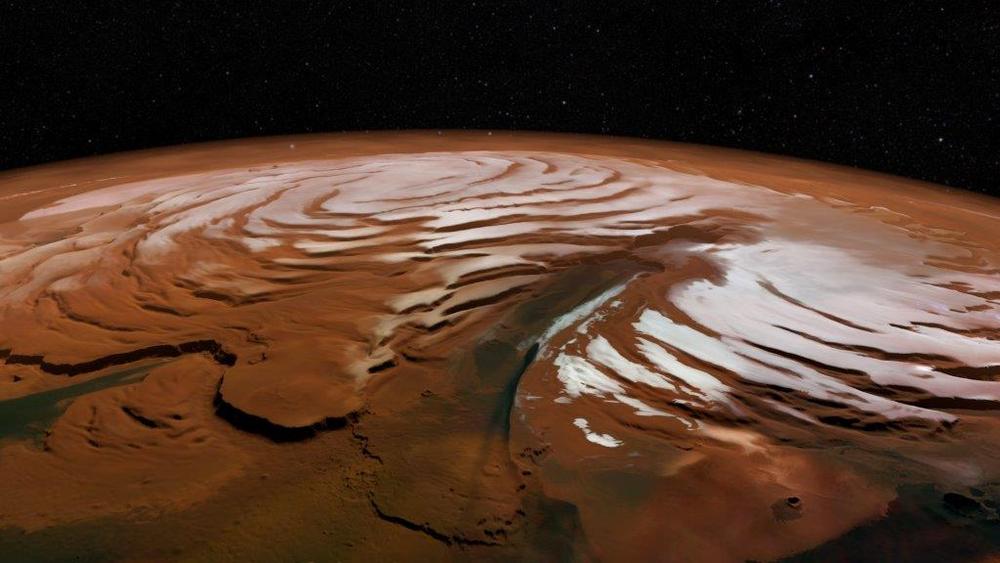


A review of Rod Pyle’s new book, Space 2.0, a tour de force of the “new space” phenomena packed with photos and details of the amazing people behind it. The book goes beyond Musk, Branson and Bezos and explains the origins of the science and engineering required to build an economy beyond Earth.

Science fiction is often seen as an anticipation – a fiction peculiarly expected to graduate into fact. But if technologies once found only in SF do sometimes become real they do not, in so doing, always cease to be science fictional. SF is not, after all, simply a literature about the future; it is a literature about the shock of new capacities and new perspectives, about transcendence, estrangement and resistance in the face of the inhuman. Its ideas shape and constrain the ways in which technological possibilities are seen, understood and experienced long after those possibilities are first tentatively realised. It illuminates the dreams of Musk, Bezos and all the other new moon-rushers.
Fifty years after the first moon landings, a new generation of space travellers, from Xi Jinping’s taikonauts to Jeff Bezos, are racing to colonise our nearest neighbour. Is reality catching up with sci-fi?
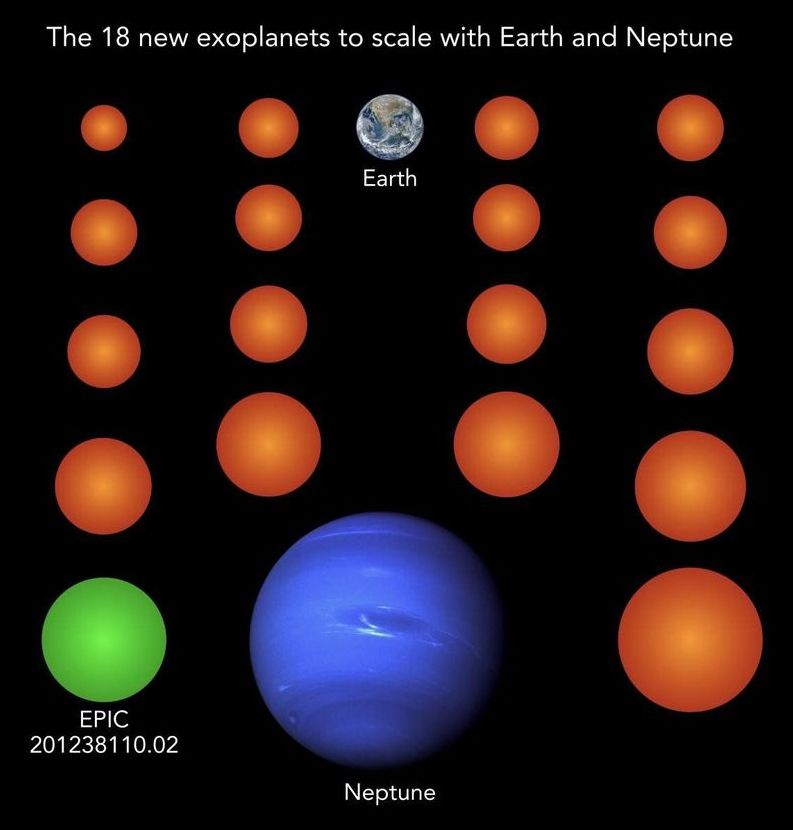
Scientists at the Max Planck Institute for Solar System Research (MPS), the Georg August University of Göttingen, and the Sonneberg Observatory have discovered 18 Earth-sized planets beyond the solar system. The worlds are so small that previous surveys had overlooked them. One of them is one of the smallest known so far; another one could offer conditions friendly to life. The researchers re-analyzed a part of the data from NASA’s Kepler Space Telescope with a new and more sensitive method that they developed. The team estimates that their new method has the potential of finding more than 100 additional exoplanets in the Kepler mission’s entire data set. The scientists describe their results in the journal Astronomy & Astrophysics.
Somewhat more than 4000 planets orbiting stars outside our solar system are known so far. Of these so-called exoplanets, about 96 percent are significantly larger than our Earth, most of them more comparable with the dimensions of the gas giants Neptune or Jupiter. This percentage likely does not reflect the real conditions in space, however, since small planets are much harder to track down than big ones. Moreover, small worlds are fascinating targets in the search for Earth-like, potentially habitable planets outside the solar system.
The 18 newly discovered worlds fall into the category of Earth-sized planets. The smallest of them is only 69 percent of the size of the Earth; the largest is barely more than twice the Earth’s radius. And they have another thing in common: all 18 planets could not be detected in the data from the Kepler Space Telescope so far. Common search algorithms were not sensitive enough.
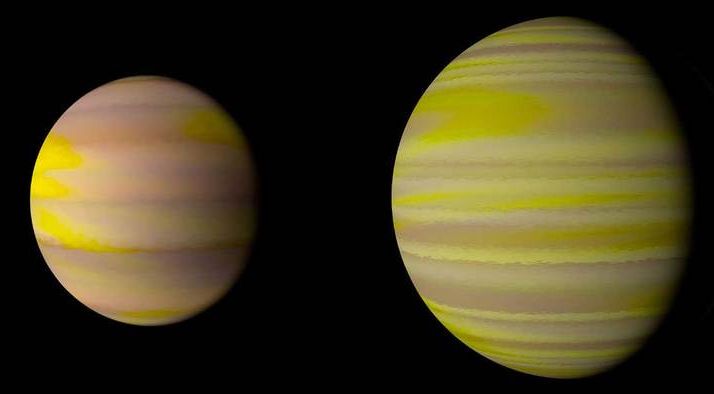
Sen has successfully demonstrated the world’s most powerful ever video streaming platform to operate in space, and the world’s first 4K video from a satellite: https://sen.com/press/press-release